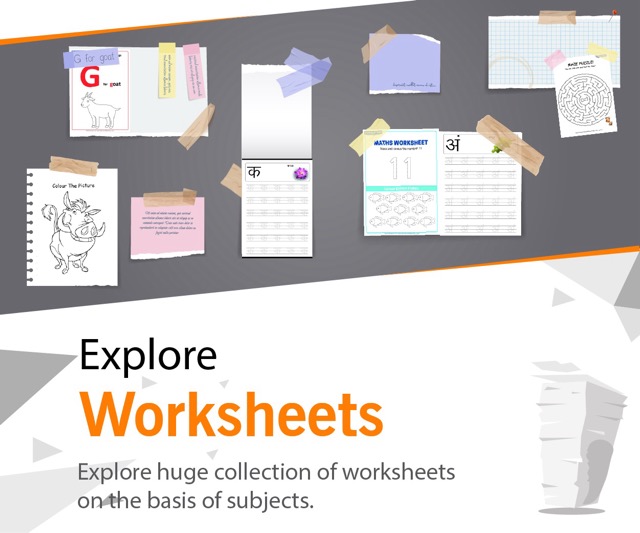In a significant move to align school education with national academic reforms, the West Bengal Council of Higher Secondary Education (WBCHSE) has announced the implementation of a semester system for Classes 11 and 12, effective from the academic year 2025–26. The semester model will replace the traditional annual examination system and apply across all subjects and streams.
This marks a major structural shift in the state’s higher secondary education, aiming to bring uniformity, reduced exam stress, and continuous evaluation for students.
Why the Shift to Semester System?
The decision follows the broader vision of the National Education Policy (NEP) 2020, which encourages continuous and competency-based assessment. Under the current single annual exam system, students face immense pressure toward the end of the year. The semester model aims to reduce that burden by spreading the assessment evenly.
Professor Chiranjib Bhattacharya, President of WBCHSE, stated:
“The new semester system ensures deeper learning through more frequent but smaller assessments. It allows both teachers and students to track progress more effectively.”
How the New System Will Work
Each academic year will be divided into two semesters, with individual assessments held at the end of each. Here's how the structure will look:
- Semester 1: June to November Assessment: Internal tests + end-semester exam
- Semester 2: December to April Assessment: Internal + final semester exam
Marks Distribution:
- 80% from end-semester written exams
- 20% from internal assessments/projects
The final Higher Secondary result will be calculated using cumulative performance across both semesters in Class 12.
Subjects and Curriculum Changes
The semester system will be implemented across Science, Commerce, and Arts streams. Curriculum modules will be restructured accordingly, with revised textbooks, lesson plans, and teaching calendars being introduced before the new session begins in June 2025.
Teachers are undergoing training workshops to help transition into the new format smoothly. Question papers will also be adapted to promote analytical thinking and application-based learning.
Reactions from Students and Teachers
The response from the education community has been mixed. While many teachers welcome the reduction in last-minute academic pressure, some students expressed concern over frequent exams. However, most agree that the semester system offers a more manageable and transparent path to learning.
A Class 11 student in Kolkata said,
“We’ll have to be more consistent throughout the year, but at least we won’t be overwhelmed by a single giant exam.”
Academic Calendar and Implementation Timeline
- New semester calendar will be issued in May 2025
- Training and orientation for faculty will continue through June
- Semester system rollout begins with Class 11 (2025–26 batch)
- Class 12 will follow a dual-assessment model for 2026









Be the first one to comment on this story.